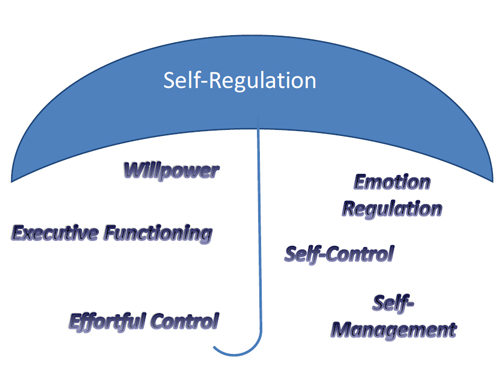I would be surprised if you haven't noticed an increase in often difficult to explain emotions since the start of the coronavirus pandemic.
Have you noticed yourself and others:
- acting as if nothing has changed
- being more anxious or agitated
- becoming angry more easily,
- crying more often,
- isolating from others,
- driving faster,
- behaving more generously, or
- hoarding?
This shift toward more emotional behavior may be grief, a natural response to overwhelming events and great loss.
Grief generally includes a set of fluctuating stages, but they don't typically appear in a neat sequence. Grief can be messy.
There are several ways of framing the stages of grief. One seven stage model includes:
- shock and denial;
- pain and guilt;
- anger and bargaining;
- depression, reflection, and loneliness;
- an upward turn with less intense uncomfortable symptoms;
- reconstruction and working through solutions; and
- acceptance and hope.
What is especially unusual is that we've seen this wave of grief overtake people all around the globe as the coronavirus has spread. This grief is affecting people of all ages in all nations. We're not alone.
I hope that you, too, will find this article by Scott Berinato in the Harvard Business Review helpful and even encouraging.
https://hbr.org/2020/03/that-discomfort-youre-feeling-is-grief?fbclid=IwAR1_XlhY8iPrf2QJPvmT9R1D4pBlVbzFJd90RMGgWYU8W-WJaAtLyKxyjaA


